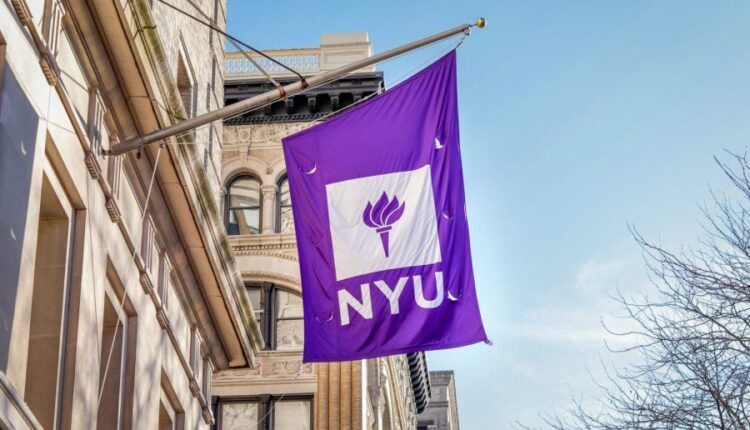
How NYU has operated programs in Cuba for years, despite restrictions
By Ania Keenan / From Washington Square News
Every year, a small group of Tisch students heads for what can be a difficult place to reach for U.S. citizens — Havana, Cuba. For over a decade, NYU has been able to get around U.S. restrictions that prohibit travel to the country for tourism through a government-provided license.
After the Cuban missile crisis in 1962, where the Soviet Union’s construction of nuclear launch sites in Cuba drew it closer to nuclear war with the United States, the U.S. government began imposing travel restrictions on Cuba. Despite these restrictions, NYU has been running programs such as the Postcards from Cubaprogram, which allows Tisch students to spend over two weeks learning about travel writing and photography in Havana, for years.
The university currently facilitates student visits to the country through a general license granted by the federal government. NYU’s license, which Tisch special programs executive director Annie Stanton said the university first used in 2002, was originally a special license, but has changed over time under different presidential administrations. The current license permits entry for individuals including government workers, journalists, those visiting family and students. Travelers may also be required to provide additional documentation for re-entry into the United States after their trip.
Stanton said that adherence to restrictions imposed by both countries — specifically regarding what students are allowed to purchase — plays a significant role in securing NYU’s continued access to Cuba. She added that the only years between now and 2002 that the university has not run programs in Cuba were 2021 and 2022, as a result of the COVID-19 pandemic.
“It’s not only respecting the restrictions on the U.S. part, it’s also respecting the restrictions on the Cuban part,” Stanton said. “After a lot of years working on this program, we know the routine. We’re really excited that we can offer this opportunity to our students.”
In 2021, the U.S. Department of State reported that Cuba had refused to turn in several wanted fugitives, prompting the United States to reinstate the country’s designation as a State Sponsor of Terrorism. The statute, which had previously been lifted in 2015, makes travel to Cuba for tourism purposes prohibited.
NYU is one of a few U.S. universities, including The University of Chicago and Cornell University, that continues to send students to study in the country.
Sophomore Brewer Roberts, one of the seven students who participated in the Postcards from Cuba program last month, said she was surprised at the variety of majors that took part in the program. Roberts said participants ranged from students studying music production to those working with clothing lines.
“It was all over the place,” Roberts told WSN. “But it worked out really nicely between all of us because we had some creative product that we could display in a gallery.”
Students can also participate in the Intermediate Documentary Film Productionprogram, where they learn about post-production work by attending Cuban film screenings and taking part in workshops. The program, which is offered in the spring, works with the nonprofit Ludwig Foundation of Cuba and the University of Havana.
Tisch professor Alfonso Morgan-Terrero, who traveled to Cuba over the January term, told WSN he believes the Postcards from Cuba program provides students the opportunity to observe everyday life in Cuba while they are writing and creating artistic pieces.
“It was a really remarkable experience,” Morgan-Terrero said. “In many ways, it’s a very rare opportunity for the students to go over there and be on the ground and see ‘what does Cuba actually look like?’”


